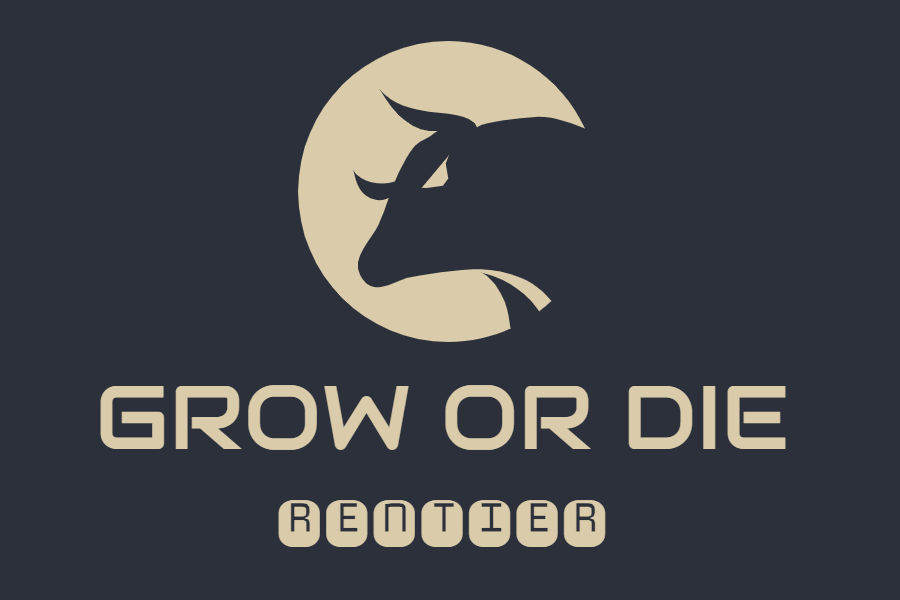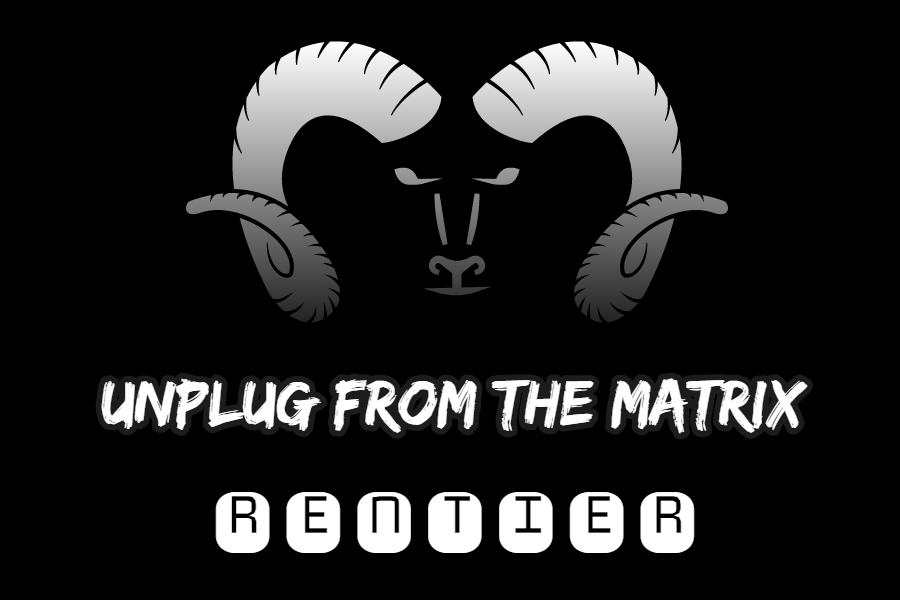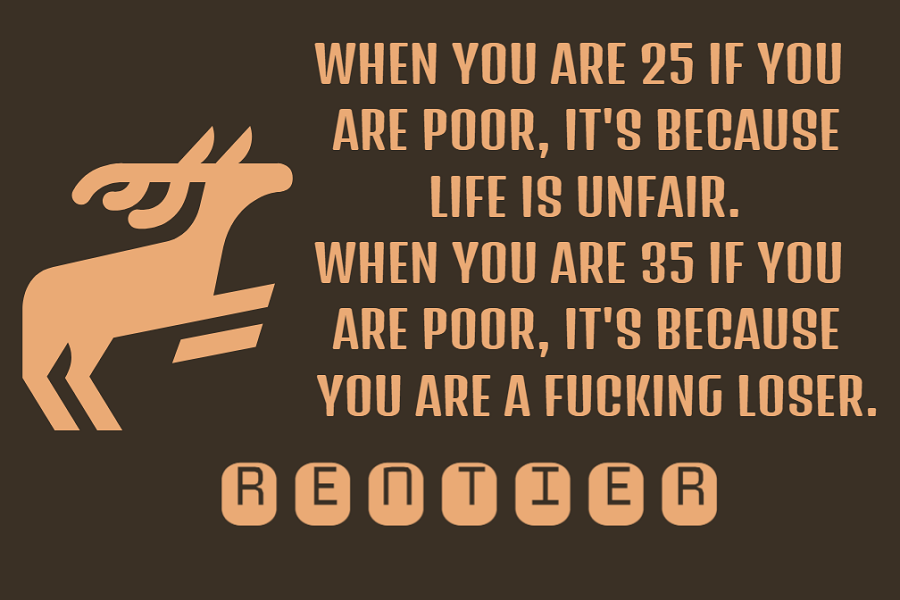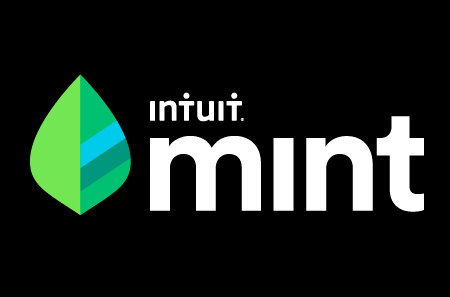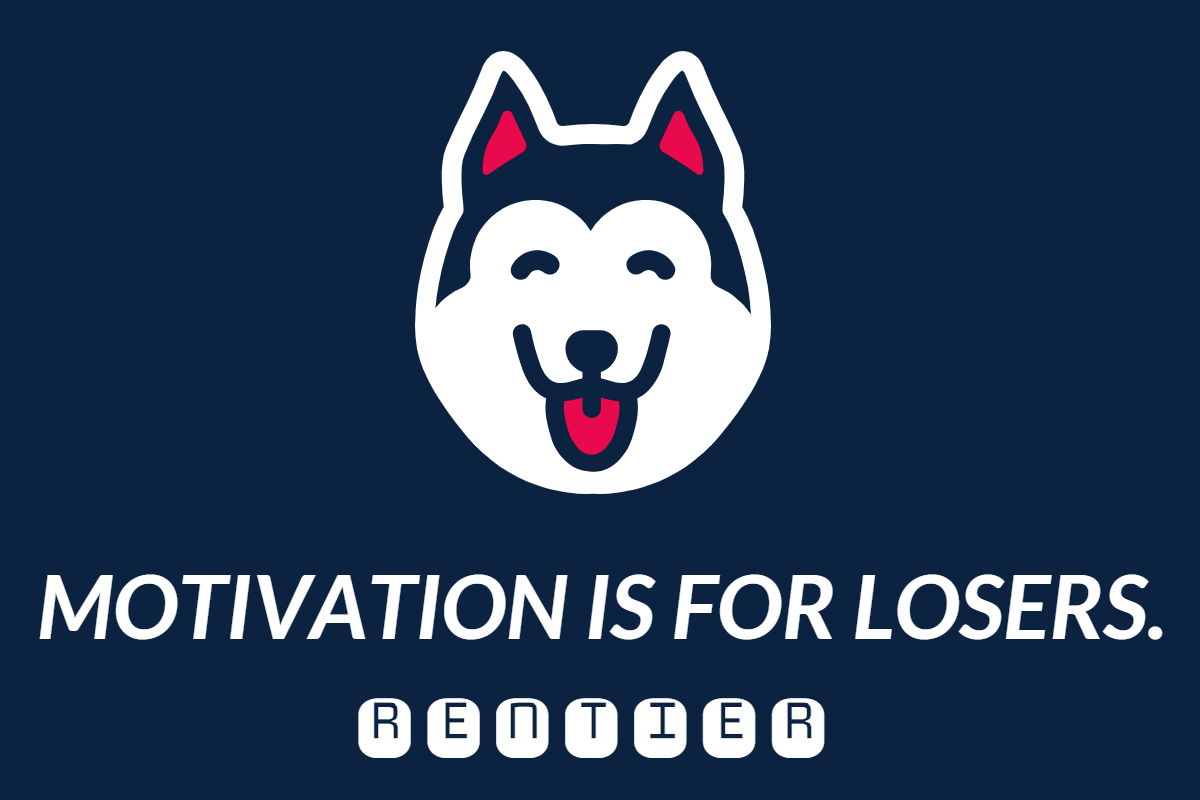
New Year, Same You
I set my goals every year at the end of November and do a year end review at new year. I usually keep them private, but this year I decided to share on my blog. All goals fall under one of the top 3 focus areas of life: money, health, and interests. I use a following structure to lay out the steps to accomplish my goals.
1. Goal
All goals are written in the form of self-talk. Interrogative self-talk focuses on questions instead of statements. Asking ourselves a question “Will I” as opposed to saying to ourselves “I will” increases intrinsic motivation for action, resulting in goal-directed behavior.
2. Action Plan
Goals and dreams are different. When the goal-setting is done correctly, we should be able to break down our goals into an action plan. This helps us reach our goals efficiently and successfully.
3. Failure Scenarios
Failure is inevitable. We all have failed to achieve our goals at some point in our lives. We get lazy, have setbacks, or simply fail. I try to come up with 3 failure scenarios and mitigation strategies for each goal to anticipate and prepare for failure in advance.
4. Progress Tracking
The top motivating factor that drives our productivity is a sense of progress. It is important to set measurable goals and track our progress, which improves our self-discipline and self-control.
5. Plan B (Optional)
Goals should be flexible and adjustable to adapt new challenges. Consider what our worst-case scenario could be and forget about perfection. Perfectionism interferes with success. We need to overcome the habit of perfectionism and increase self-compassion. There is absolutely nothing great about being perfect.
Money
Will I utilize my morning time more productively?
- Action Plan: My new morning routine consists of doing 3 things in 150 minutes.
- Check news headlines using an RSS reader. (30 minutes)
- Learn new things with online resources while exercising. (90 minutes)
- Take a shower and finish the morning chores before work. (30 minutes)
- Failure Scenarios:
- Insufficient Sleep: Work stress may affect sleep quality and duration, resulting in delays in my morning routine.
- Risk Mitigation: I use a 24/7 activity tracker to monitor steps, distance walked, calories burned, and sleep along with stress and recovery. Sleep tracking data helps me understand my sleep patterns and achieve healthy sleep hours.
- Too Difficult: Certain articles are more difficult and time consuming to read.
- Risk Mitigation: I will estimate the reading time on each article. If I do not have time to finish in the morning, I will save them to read later.
- Schedule Change: A change in work hours may reduce my morning hours.
- Risk Mitigation: I will go to bed by 10pm on weeknights. If my morning routine is too packed, I will limit the number of RSS feeds to follow,
shift my workouts to the evening, or drop my morning chores.
- Risk Mitigation: I will go to bed by 10pm on weeknights. If my morning routine is too packed, I will limit the number of RSS feeds to follow,
- Insufficient Sleep: Work stress may affect sleep quality and duration, resulting in delays in my morning routine.
- Progress Tracking: My performance is measured by the time spent to catch up on my reading backlog every weekend. Ideally, I find time to clear my backlog on the same day.
Will I stick to my investing strategy regardless of how it performs?
- Action Plan: All future cash flows will be reinvested to the same asset class to stay with my current asset allocation strategy that is more concentrated in litigation funding. I will shift the portfolio toward single-case funding and maintain my 7-figure portfolio.
- Failure Scenarios:
- Binary Risk: I may have consecutive losses in my case portfolio with litigation funding that lead to a loss of confidence in my strategy.
- Risk Mitigation: Investing in litigation funding has been very profitable in recent years. Litigation funders generally estimates the win rate of each case to be at least 70%, which translates into the 37% annualized return. It is not easy to lose money.
- Liquidity Risk: If my remaining cases do not settle within the expected time frame, the cash flow from investing activities may not be sufficient to fund new deals.
- Risk Mitigation: I always prepare realistic forecasts for salaries, expenses, and investment returns to ensure that I will have enough cash to cover any obligations. A balance transfer and a personal loan may be used for unpredictable short-term expenses.
- Market Risk: A stock market crash may lead investors to rush into alternative assets. I may not be able to invest in litigation finance because of the increased competition.
- Risk Mitigation: My software tracks and monitors litigation funding platforms for changes. I will get notified as soon as a new investment opportunity is posted. I may make a direct investment in a hedge fund if there is a great opportunity.
- Binary Risk: I may have consecutive losses in my case portfolio with litigation funding that lead to a loss of confidence in my strategy.
- Progress Tracking: It will be measured by the amount of new investments in the asset class.
Will I stay active in investing communities?
- Action Plan: I actively contribute to personal finance and investing forums, regularly publish blog posts, and manage my private investment group. I continue tracking new deals and updating investment results.
- Failure Scenarios:
- Poor Performance: The poor investment performance may cause a loss of interest and motivation to engage in my communities.
- Risk Mitigation: Writing is a craft, which requires creativity and focus. I will draft a blog post in advance when I have blocks of time for writing, or wait until my motivation comes back. No pressure.
- Time Constraints: The changes in work-life balance may increase time constraints and limit the time I spend on investing communities.
- Risk Mitigation: I do not need to check everything every day to stay on top of trends. I will catch up over the weekend.
- Legal Issues: I may be asked to remove my blog content that is protected under the NDA.
- Risk Mitigation: I am being extra careful not to reveal fund details or expose confidential information. I will ask a 3rd person to proofread my writing before I rush to publish.
- Poor Performance: The poor investment performance may cause a loss of interest and motivation to engage in my communities.
- Progress Tracking: My overall activity level can be measured by the number of forum replies, blog posts and updates, and group chat messages.
Health
Will I maintain a healthy lifestyle throughout the year?
- Action Plan: I follow a healthy diet and exercise habits including portion control, intermittent fasting (time-restricted feeding), and daily workouts.
- Failure Scenarios:
- Injury: It may be difficult to stay fit during time away from training due to injury.
- Risk Mitigation: I constantly rotate exercises to help prevent overuse injuries. I also use a fitness tracker to monitor activity, training, and recovery to ensure my muscles have time to fully recover from a workout.
- Burnout: I tend to lose motivation after achieving a major goal.
- Risk Mitigation: I leverage connected wellness devices like Withings smart scales and Polar sport watches to record my weight and workout journal, which help me stay motivated. My commitment is a lifestyle change. I no longer chase specific goals.
- Missing Machines: If I move to a new place, I may not find my favorite cardio machines in the fitness center.
- Risk Mitigation: A mini stepper can be used for a home cardio workout. I will also consider buying my own equipment.
- Injury: It may be difficult to stay fit during time away from training due to injury.
- Progress Tracking: I record my weight and body fat % with a smart scale daily, and track my steps and activity levels with a sport watch. I also assess my progress with measurements and by how my clothes fit.
Interests
Will I keep learning new things this year?
- Action Plan: I leverage my intrinsic motivation to learn something new every day with videos and podcasts. The area of interest includes communication, psychology, philosophy, economy, art, literature, history, science, and finance.
- Failure Scenarios:
- Negative Events: We cannot avoid negative life events. It may be hard to get motivated when I am stuck in a negative thinking spiral.
- Risk Mitigation: I watch videos during my daily cardio. That forces me to learn something new every day.
- Low Productivity: I may be watching or listening, but never understanding because my mind is not focused on learning.
- Risk Mitigation: I will actively take notes while watching. I will share my learning with family and friends, and post a short summary on Twitter.
- Finished!: I may run out of learning materials if I watch videos every day. The YouTube channel may transition free users into a paid service and stop uploading free content.
- Risk Mitigation: There is no way to run out of learning materials in just 1 year because my favorite YouTube channels upload new videos daily and I still have a massive video backlog to watch. Other video sites such as edX, TED, or MentorBox can be used for learning too. I will not have problems paying for a monthly subscription.
- Negative Events: We cannot avoid negative life events. It may be hard to get motivated when I am stuck in a negative thinking spiral.
- Progress Tracking: My progress is measured by a number of videos that are marked as watched and messages I posted on Twitter.
Will I acquire a new skill this year?
- Action Plan: I will learn Golang to boost my career as a software engineer. I continuously migrate my CLI tools and web applications to Golang.
- Failure Scenarios:
- Failed Once: I have failed to achieve this goal once. History repeats itself.
- Risk Mitigation: I will start writing codes as soon as I learn basic points. I set up a checkpoint at the end of January to review my progress.
- Priority Conflict: Mastery may require a time commitment of about 10-20 hours a week (including work time). Multitasking doesn’t exist.
- Risk Mitigation: I will pause other activities and focus on learning when an opportunity is right for me.
- Forget: If I stop coding, chances are I will forget almost all of it. It is pointless to learn a programming language that I am not going to use.
- Risk Mitigation: If I am not involved in a programming project, I will rewrite my previous program in Golang.
- Failed Once: I have failed to achieve this goal once. History repeats itself.
- Progress Tracking: The number of lines of code can be used to measure progress.
Appendix
- Polar Vantage V Titan Pro – Premium GPS Multisport Watch for Multisport & Triathlon Training (Heart Rate Monitor, Running Power, Waterproof)
- Withings Body+ – Smart Body Composition Wi-Fi Digital Scale with smartphone app
- Ryutaro Hashimoto (@RyutaroHashi) – Twitter
- Inoreader – RSS, News and Social Reader



